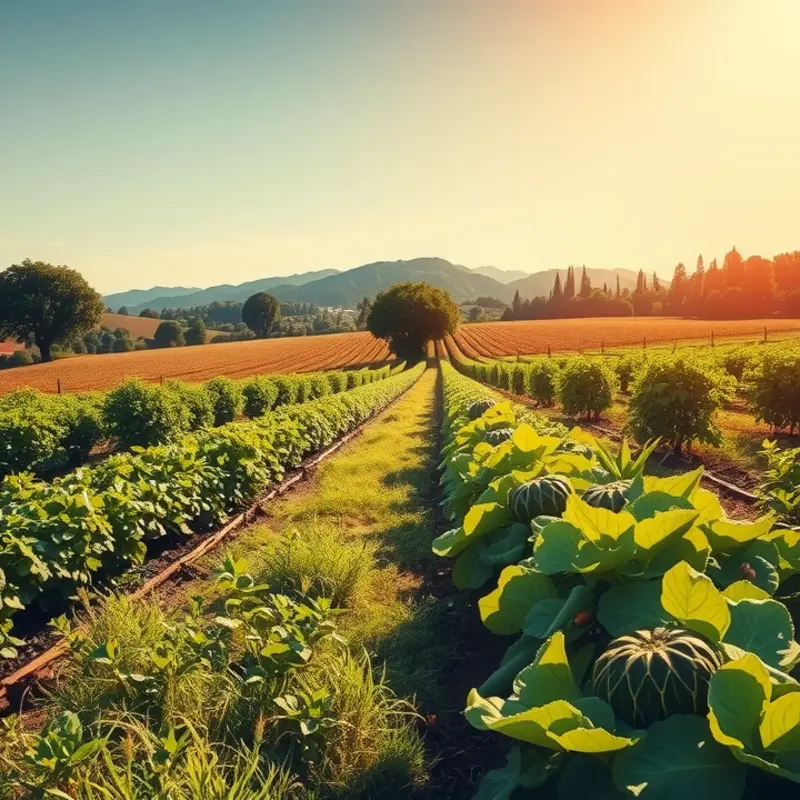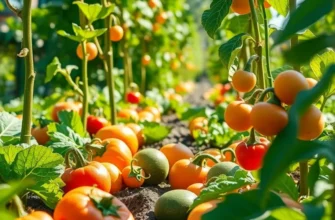From the savory delights of a Spanish breakfast to the hearty grains of an East African morning meal, breakfast across the world reveals much about cultural identities and traditions. Each region’s breakfast customs are shaped by local ingredients, historical influences, and societal norms, creating unique culinary experiences that set the tone for the day ahead. Join us on a flavorful exploration of breakfast traditions that celebrate the rich tapestry of global cuisines.
Breakfast Around the Globe: A Cultural Canvas

The experience of breakfast transforms as we traverse continents, each morning meal telling its own tale, deeply woven into the fabric of local life. In Japan, breakfast is a carefully orchestrated affair that centers on simplicity and balance. A traditional meal might include steamed rice, miso soup, and grilled fish, paired with pickled vegetables. This mise en place reflects the Japanese cultural emphasis on harmony and understated elegance, gearing individuals for the day with nourishing energy.
In contrast, Mexico offers a vibrant start to the day with dishes like chilaquiles. These are corn tortillas cut into quarters and lightly fried, then topped with green or red salsa, scrambled or fried eggs, and a sprinkle of cheese. The presence of such bright, spicy flavors speaks to a history of trade and cultural exchange that has made Mexican cuisine one of the most dynamic and beloved in the world.
Travel to the Mediterranean, and you’ll find breakfast subtly different yet equally distinctive. In Greece, the morning might begin with a slice of bougatsa, a sweet or savory pastry filled with custard, cheese, or minced meat. This echoes Greece’s deep connection to both the Ottoman influences and the abundant bounty of local produce. Such breakfasts often include olives, fresh bread, and yogurt, illustrating the importance of ingredient quality and simplicity in the Mediterranean diet.
In Egypt, ful medames, a fava bean dish cooked with olive oil, garlic, and lemon juice, is a staple breakfast. It embodies centuries of culinary tradition dating back to the Pharaohs and serves as a satisfying fuel rich in proteins, sustainable for long working hours. Such dishes are often shared communally, emphasizing the social aspect inherent in Egyptian meal times.
Meanwhile, in Scandinavia, breakfast can be an affair of breads and spreads. In Norway, a simple yet inviting array of rye bread with a selection of toppings—cheese, smoke-cured fish, or cured meats—is served alongside butter and jam. The inclusion of fish, a nod to Norway’s affinity with the sea, is a testament to the freshness and sustainability that defines Nordic eating habits.
Each breakfast serves as a portal into cultural priorities, whether they emphasize community, practicality, or historical roots. The choice of ingredients and methods reflect local climate, trade routes, and cultural interactions. Understanding these morning traditions not only satisfies the stomach but also enriches our appreciation of the shared human experience.
For those interested in delving deeper into the cultural implications of trade on our culinary traditions, explore more about culinary influences and trade. This exploration reminds us of the global journey even a single breakfast can represent, connecting us to a larger history beyond the dining table.
From Street Vendors to Elegant Tables: Breakfast Experiences

Around the world, breakfast is not merely a meal—it’s an experience deeply rooted in local cultures. In bustling Asian markets, street vendors serve aromatic bowls of pho, garnished with fresh herbs, offering a nourishing start that reflects the communal spirit. These vibrant settings encourage social interaction, with people gathering by a vendor’s cart to share a quick meal before their day begins.
In contrast, breakfast in European cafes might involve artfully prepared pastries and exquisitely brewed coffee, creating a leisurely ambiance that’s as much about savoring the atmosphere as it is about the food. Here, breakfast becomes a form of ritual, where the careful crafting of simple ingredients into culinary masterpieces holds a special place in daily life.
Street Food Culture:
Street food breakfasts epitomize convenience and community. Picture the Indian chaiwala, crafting steaming cups of spiced tea to accompany savory morsels. These vendors become integral to their neighborhoods, fostering bonds over shared morning routines. The dynamic nature of street breakfasts reflects the bustling energy of the cities they inhabit, making them a staple for locals on the go.
Fine Dining Delights:
On the other end of the spectrum, the elegance of a fine dining breakfast in metropolitan cities like Paris or Tokyo offers a different allure. Delicate dishes, prepared with precision, pay homage to local ingredients and culinary traditions. This meticulous approach transforms breakfast into a significant event, where presentation is as important as taste.
Village Traditions:
In rural areas, breakfast often embodies simpler pleasures. Families gather to enjoy hearty porridge or flatbreads, made from grains that are staples of their agrarian lifestyle. These meals, though modest, hold a richness derived from handcrafted preparation and shared enjoyment. Communal breakfasts in such settings strengthen family ties and preserve cultural heritage through generational recipes.
Breakfast Beverages:
No breakfast experience is complete without its accompanying beverages. In South America, the beloved “mate” serves as both a breakfast drink and a cultural touchstone, encouraging moments of reflection and connection. Meanwhile, Nordic countries may opt for a variety of berry-infused drinks or nutrient-rich smoothies to kickstart their day with vitality.
For those cooking at home, embracing global breakfast traditions can be both inspiring and educational. With a focus on minimizing waste and enhancing the nutritional value of ingredients, some may find it helpful to explore low-waste cooking techniques in their breakfast preparations, thereby benefiting both the palate and the planet.
These diverse breakfast traditions, whether enjoyed on bustling streets or elegant dining tables, offer a glimpse into the heart of a culture. They transcend mere nourishment, embodying the essence of local identities and the social fabric of daily life. In sharing breakfast, we partake in a universal act that bridges our differences and celebrates our shared humanity.
Final words
As we navigate the diverse tapestry of breakfast traditions, it’s clear that these morning meals are imbued with rich cultural significance and time-honored rituals. From the steaming miso soup of a Japanese breakfast to the colorful fruit platters in a Mediterranean spread, each plate tells a story of history, geography, and values of the people. Embracing these breakfast customs allows us to appreciate global diversity and opens up avenues for culinary exploration in our own kitchens. Whether trying a new recipe or enjoying a traditional meal, breakfast is an invitation to savor life one bite at a time.








